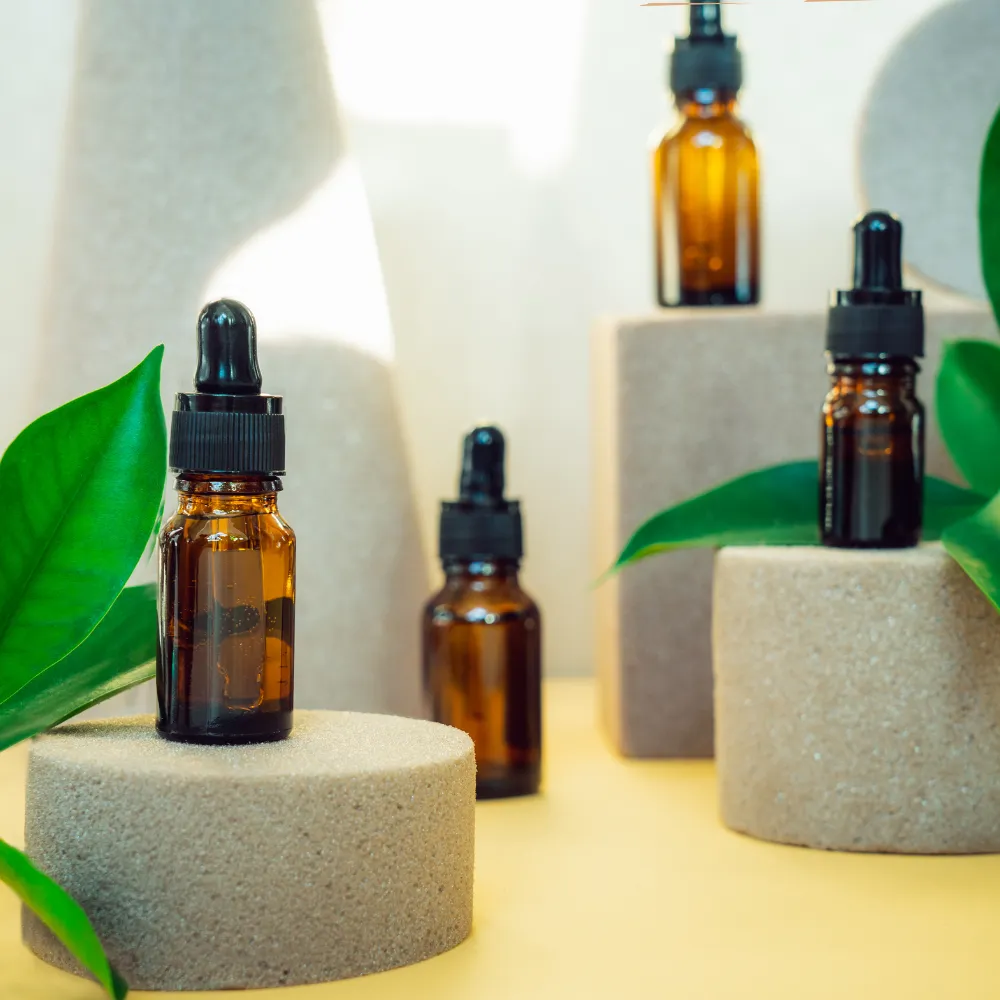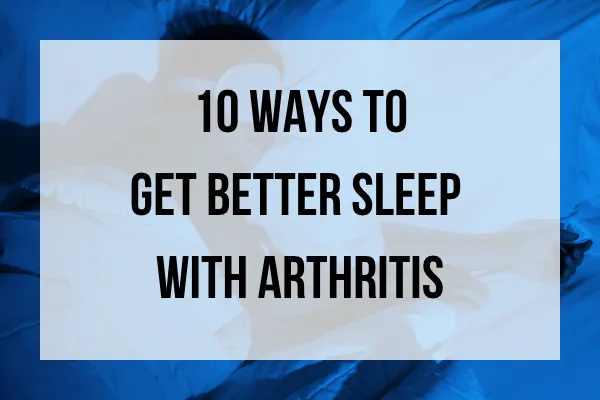Upcoming Classes
THE MORE YOU KNOW
Classes Galore!
THE MORE YOU KNOW

Essential Oils for your Health Concerns
In this class I educate on how to use essential oils to address the top health concerns that people ask me about. This includes topics like pain, sleep, digestion, immune system support, and more. This class is free to attend and is available now!

Essential Oils for your Health Concerns
In this class I educate on how to use essential oils to address the top health concerns that people ask me about. This includes topics like pain, sleep, digestion, immune system support, and more. This class is free to attend and is available now!
What Makes Essential Oils Effective?
January 12, 2022
1:00 pm - 3:00 pm
Lorem ipsum dolor sit amet, consectetur adipiscing elit, sed do eiusmod tempor incididunt ut labore et dolore magna aliqua. Ut enim ad minim veniam, quis nostrud exercitation ullamco laboris nisi ut aliquip ex ea commodo consequat ugit, sed quia consequuntur magni dolores eos qui ratione voluptatem sequi nesciunt.


Workout With Essential Oils
January 20, 2022
1:00 pm - 3:00 pm
Lorem ipsum dolor sit amet, consectetur adipiscing elit, sed do eiusmod tempor incididunt ut labore et dolore magna aliqua. Ut enim ad minim veniam, quis nostrud exercitation ullamco laboris nisi ut aliquip ex ea commodo consequat ugit, sed quia consequuntur magni dolores eos qui ratione voluptatem sequi nesciunt.
More Classes Coming All The Time!
If you are interested in learning more about arthritis and the holistic tools that I use, make sure to jump on my newsletter! I provide information, tips, and recipes to improve your health!
WHAT'S NEW ON THE BLOG?

10 Ways To Get Better Sleep With Arthritis
The relationship between pain, arthritis, and sleep is complicated… at best. The good news is that there are things that can be done to improve your sleep and decrease your arthritis pain at night. By adjusting some of your nighttime habits and focusing on certain activities, you can sleep more soundly and with less pain.

WHY DO I HAVE ARTHRITIS PAIN AT NIGHT?
That feeling when your head hits the pillow can be glorious, right? Especially after a long day or if you are particularly tired BUT this can also be rudely interrupted by your arthritis pain.
It can even seem like your arthritis pain at night is always worse than during the day. This isn’t a phenomenon that’s very well understood, as it’s hard to study, but there are several theories as to why this might be.
For starters, when you lay down at night and you’re trying to go to sleep, your world gets quiet. Your body is still, your mind is less engaged, and your surroundings are dark and quiet as well. All this lack of stimulus makes your pain stand out! It allows your pain to take center stage just as you are trying to drift off…
Another factor that’s thought to contribute to increased arthritis pain at night has to do with one of your hormones: cortisol. Cortisol has an anti-inflammatory effect in your body but at night when you’re trying to sleep, your cortisol levels are decreasing. This is a good thing for getting to sleep as high cortisol levels make it more difficult to fall asleep. So it puts us in a bit of a catch-22: higher cortisol levels mean less inflammation [and less pain] but it also makes you less likely to be able to get to sleep and stay asleep.
MIND GAMES
Before we get into the ways that you can work on improving your arthritis pain at night, there’s an important element that we need to discuss.
Your brain… and your mind…
If you missed my post last week, I talked about the role that your mind plays in relation to your pain.
Your mind is a powerful tool, and it’s one that can be used for good or evil.
If you frequently experience pain when you are trying to lay down to sleep, over time this conditions your brain to expect pain during that activity. This can make your pain worse as a result of the overtime your brain is putting in worrying about pain that might be there when you lay down to sleep.
This is where activities like meditation, affirmations, and tapping techniques can be helpful in getting you out of those mind games.
For nighttime specifically, there are absolutely ways to help decrease and control that pain that sets in when your head hits the pillow. Read on to learn 10 ways to improve your arthritis pain at night.

NIGHTTIME ARTHRITIS PAIN RELIEF TECHNIQUES
There’s overlap in techniques to decrease arthritis pain at night and to improve your sleep overall. Poor sleep hygiene can contribute to both decreased quality and quantity of sleep as well as increase your pain. Wanna know the really tricky thing? There’s a relationship between lack of sleep and increased pain. So if you aren’t getting quality sleep, it’s likely that you will feel that your pain is higher than during times when you are resting well at night.
So what can be done to improve sleep quality and decrease arthritis pain at night? Here are 10 tips to help you rest more comfortably.
1. Use Pillows For Support
There’s nothing like a nice comfy bed with your favorite pillows. For myself personally, if I don’t have a body pillow, or at the very least a pillow I can put between my knees, I know that my sleep will not be optimal.
Utilizing pillows to support your joints is a great way to decrease your arthritis pain at night. If you have arthritis in your knees or hips, pillows under or between the knees might be helpful for you to be able to fully relax. You should take a little bit of a caution here though. Consistently sleeping with a pillow under your knees can potentially decrease your knee range of motion over time.
When you sleep with a pillow under your knees it maintains a certain amount of bend in them overnight [for hours at a time]. This can lead to it being harder to get your knee fully straight. So just be aware of that if you prefer to have knee support while you’re sleeping.
If you have shoulder arthritis having a pillow supporting your elbow might increase your comfort when you are laying down to sleep.
2. Stretching and Exercise
Gentle stretching can be a great way to relax your muscles before bed and decrease your arthritis pain at night when you go to lay down. This activity can also be done upon waking to loosen you up to start your day.
Stretching should not be painful, so typically what I tell my patient is to stretch to the point of tension [where you can feel that you’re stretching] but not to the point of pain, that’s too far. After that point it becomes counterproductive as your muscles will likely be trying to fight that stretch to lessen the pain.
There’s a saying in the therapy world: motion is lotion. Having a good exercise program that works to strengthen your arthritic joints [as well as the surrounding joints] works to decrease your overall pain, including your arthritis pain at night.
Prioritize your exercise early in the day to get the maximum benefit. Exercising too close to your bed time can actually keep you awake and inhibit you from 3. sleeping soundly.
3. Nighttime Routine
A good nighttime routine improves your sleep hygiene and can help you sleep better and avoid increased arthritis pain at night.
This looks different for every person but shooting for some of the following practices can help your mind and body know that sleep is coming and prepare for it:
Turn off the TV and put away your phone an hour before bed
Go to bed at the same time every night
Complete your nighttime skin care or self-care habitually
Journal as an endcap to your day (or start a to-do list for tomorrow if you find that your mind is active when you lay down)
4. Evaluate Your Mattress
It’s not the cheapest adjustment to be made to help your arthritis pain at night, but evaluating whether your mattress is right for you can be of some help.
What we need in a mattress changes over time and so it’s good to periodically make adjustments to this aspect of your sleeping arrangement. Too firm? Maybe add a pillow top. Too soft? Maybe add a foam mattress topper.
These adjustments, along with using pillows strategically, can increase your bodily comfort as you lay down to sleep.
5. Avoid coffee or alcohol
I don’t know about you, but if I drink anything caffeinated after about noon, I’ll know it when I lay down to go to sleep. My body will be tired, maybe my eyes even, but my brain will not relax. People’s bodies process caffeine differently but avoiding caffeine for at least 8 hours before you go to bed can help you fall asleep easier and faster.
On the flip side of caffeine is alcohol. Alcohol is really tricky when it comes to sleep. It can absolutely make you feel tired and like you want to go to sleep, it might even help you a little bit in falling asleep. The issue is that alcohol affects your sleep quality. Primarily it takes a toll on your REM cycle which is one of your more healing sleep cycles and we definitely want to keep that intact.
6. Avoid eating just before bed
While we are on the topic of sleep quality, eating late in the evening is another culprit. If you can avoid eating in the preceding 2-3 hours before bed this will improve the quality of sleep that you get.
Eating later at night contributes to increased arthritis pain at night in a few different ways. Firstly, it disrupts your circadian rhythm which makes it more difficult for your body to wind down and be prepared for sleep at the correct time. In addition to this, eating later at night can lead to more fat storage as your insulin resistance increases at night and you aren’t burning off those calories by moving throughout the day.
If those two weren’t enough, eating later and then laying down can lead to stomach acid issues and reflux which are really unpleasant and can definitely keep you awake.
7. Use natural sleep support
Since I’m passionate about integrative and holistic ways to support your health, I’d be remiss if I didn’t include some natural ways to support better sleep and decrease your arthritis pain at night.
Essential oils can be a great way to relax around bedtime. These can be diffused, applied topically, or made into a spray to spritz on your pillow. As always, the quality of essential oils matter in terms of their safety and their efficacy. If you’re curious to know how I use oils to support sleep, among other common complaints, you can hop into my training where I share my top choices.
Another option is to take a warm shower before bed because this provides relaxation and as a bonus it's soothing to the muscles. This can be followed up by stretching for added benefit.
8. Use natural pain relief
Many of the techniques we’ve talked about so far could be considered methods of natural pain relief but choosing products specifically to target pain is important as well.
The more natural tools you have to manage your arthritis pain at night, the better off your body will be as a whole since we know that taking prescription pain medications can increase your sensitivity to pain over time.
Essential oil based products offer a great option for topical pain relief. This topical stick is my favorite product for joint pain relief. It goes on smoothly and is similar to IcyHot [but without all the synthetic chemicals, natural ingredients only].
Turmeric is another addition to consider. There is a turmeric essential oil that can be used topically but I prefer to use the capsule form. This turmeric supplement tops my list for picks, because it has both the turmeric powder and the turmeric essential oil combined. This double whammy increases the bioavailability of this turmeric capsule by 11x. Simply put, this makes it 11x easier for our body to process and use this strong anti-inflammatory ingredient [as compared to just turmeric powder alone].
9. Set the tone for the bedroom
By giving yourself some boundaries around what your bedroom is used for you can train your mind to associate that room with rest.
I suggest that you should consider your bedroom as a place for sleeping and intimacy only. Try to avoid eating meals in bed or laying in bed and working on your computer or your iPad. This gives the brain mixed signals on what to do in this room. Is it an office? A dining room? If you lump all your daily activities in one room, it’ll be hard for your brain to automatically know that it’s time to wind down.
In addition to keeping the bedroom uses limited, creating a nice space for sleeping is important as well. Focus on making sure that you have minimal light and sound in your bedroom when it’s time to go to sleep. Use lamps, not overhead lighting, for example, to encourage a lower level of light around sleepy time. If errant sound is an issue where you live, try using a white noise machine to help drown out those sounds that might wake you overnight.
Temperature is important for quality sleep as well. Generally people sleep better in cooler environments, so bumping the thermostat temperature down a couple degrees when it’s time to go to sleep can help you sleep more soundly.
10. Meditate
We’ve talked a lot in this article about the role that the mind plays in your sleep as well as your pain. A great way to get a little bit more in touch with your mind is through meditation.
Meditation can be an intimidating concept [I know I was intimidated at first] but really it’s just about learning to quiet your mind. There are many different types of meditation and resources for this, so finding one that makes you comfortable is important.
Personally, I love the Balance app. It has guided meditations for specific concerns you have, or situations you might be in, and does a great job at making meditation accessible.
If you have trouble falling asleep, they even have meditations designed to help your brain drift off to sleep.
Outside of the context of decreasing your arthritis pain at night, meditation is a great tool to add to your day to improve your overall outlook on life and improve your emotional resilience to life’s daily stressors.
IMPROVE SLEEP HABITS FOR LESS ARTHRITIS PAIN AT NIGHT
Increased arthritis pain at night when you lay down to sleep can be a complex problem. It’s hard to nail down one quick fix that will solve this issue for everyone because each person has unique needs. As we’ve talked about today, improving your sleep habits and sleep hygiene in general can go a long way to improving your ability to get to sleep and stay asleep.
Don’t be afraid to try a combination of the techniques outlined in this article to find your sweet spot when it comes to both improving your sleep and decreasing your arthritis pain at night. There is some trial and error expected when you are navigating a topic as complex as pain or sleep.
Most importantly, don’t be discouraged if something doesn’t work for you immediately! Give a new technique at least a week before you decide if it really isn’t helping. If you want to get a little bit more nerdy with your sleep habits, you can always look into a product that tracks sleep time, sleep cycles, how many times you wake in the night, and how long it takes you to fall asleep. This will give you the ability to really see how different techniques affect your sleep quantity and quality.
I prefer using the Oura ring for this because it's a very comfortable piece of sleep technology to wear. It doesn’t bother me or get in the way with my blankets or pillows like a watch style tracker does.
Be sure to jump in and try out some of these techniques to improve your arthritis pain at night and your improve overall sleep. Reach out and let me know which ones you find most helpful!
As always, stay strong, stay positive, and always be learning!
Not a Substitute for Medical Advice. The information provided in this blog, website, webinars, documents, audio, videos, and associated products is for educational purposes only and is not intended to be a substitute for professional medical advice. Dr. Lowry provides training, educational, coaching and learning opportunities for her clients. Dr. Lowry and her clients are advised to seek the advice of a medical or mental health provider, dietician or other health care provider prior to starting or making a change in diet, exercise, lifestyle, medications or nutritional supplementation.
Just Diagnosed with OA, now what?
August 3rd, 2022
Top 10 Best Anti-Inflammatory Foods
August 10, 2022
OA Flare Up: Does exercise make OA worse?
August 17, 2022
Essential Oils For Allergies
February 2, 2022
1:00pm - 03:00pm
Diffusing!
February 12, 2022
1:00pm - 03:00pm
Essential Oil Business 101
February 20, 2022
1:00pm - 03:00pm
Follow Me

Phone: + (615) 471-7184
Email: hello@kelseylowrydpt.com
Address: 1101 Volunteer Pkwy, Ste 5, #187, Bristol, TN, 37620

